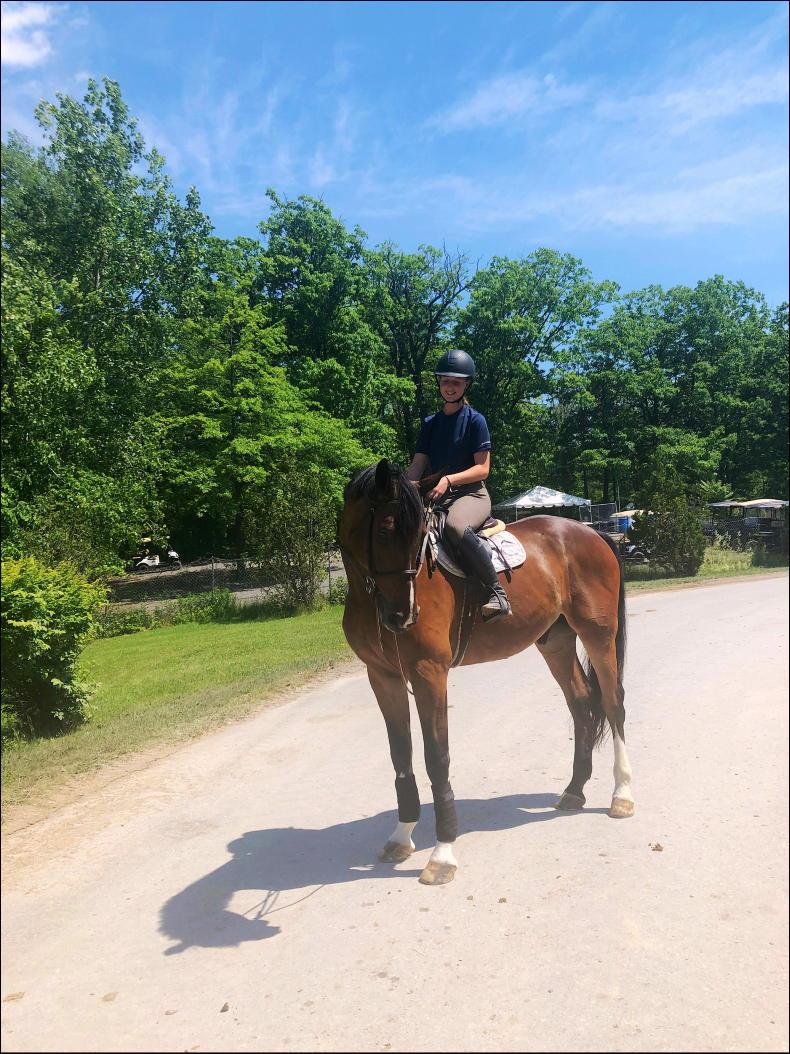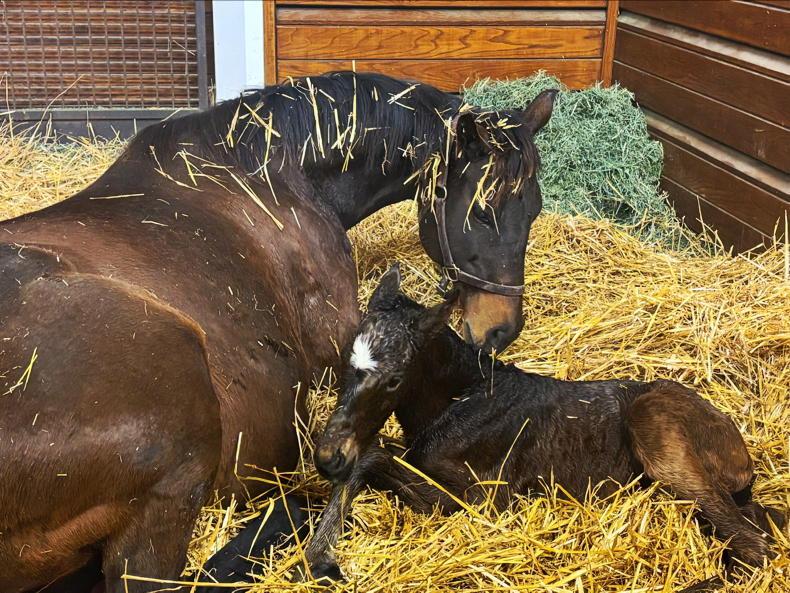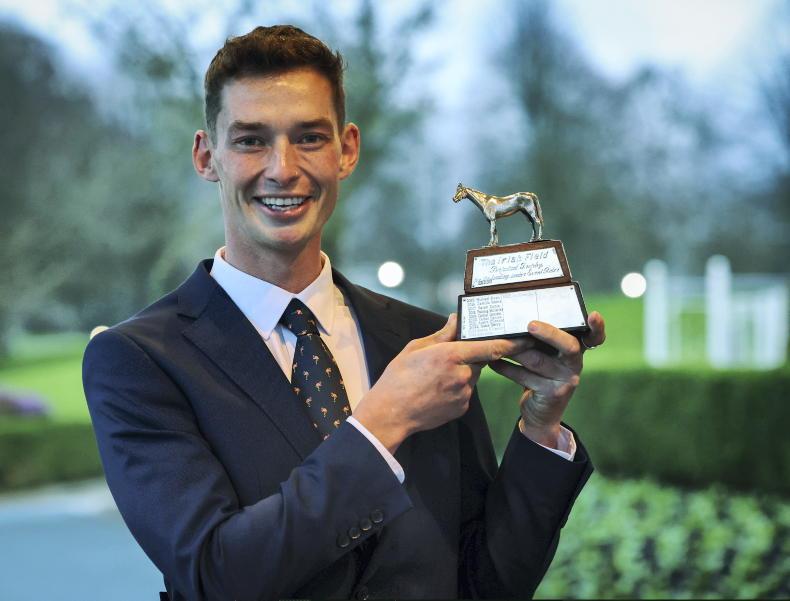TRANSITION year students Aine Shortall and Kate Whyte from Moate Community School, Co Westmeath, are the winners of the Teagasc award at the BT Young Scientist and Technology Exhibition (BTYSTE) 2023.
Their project looked at creating a solution to anthelmintic (wormer) resistance in horses. They trialled a number of different herbs to reduce populations of parasites such as lungworm, redworm and liver fluke in horses.
The students created a nutritious horse treat containing common herbs to act as a natural equine worm treatment. The herbs they used were slippery elm, fennel, thyme and mint. The students fed the horses a treat each day for five days and measured the faecal egg count over a two-week period. They found that the combined treat, including all four herbs but with a greater quantity of mint, was the most effective treatment, with a decrease of 92% in the faecal egg count.
The students said that as horse owners they were motivated to find a chemical-free alternative for treating equine parasites. They were advised by their teachers Irene O’Sullivan and Mairead Cusack. Orla Keane, a research officer at Teagasc Grange, advised the students on the methodology.
The winners of the 59th BT Young Scientist and Technology Exhibition were announced at a ceremony at the RDS on Friday, January 13th. The Teagasc special award winners also placed second in the Intermediate Group in the Biological and Ecological Sciences category.
The Teagasc special award is chosen by a team of judges at BTYSTE and is awarded to the project that best demonstrates a thorough understanding of the science of agricultural or food production, or the use of science to improve technologies available to agricultural or food production. We look forward to seeing what these bright young scientists do in the future for our Irish horses and horse industry.


 This is a subscriber-only article
This is a subscriber-only article
 It looks like you're browsing in private mode
It looks like you're browsing in private mode









SHARING OPTIONS: